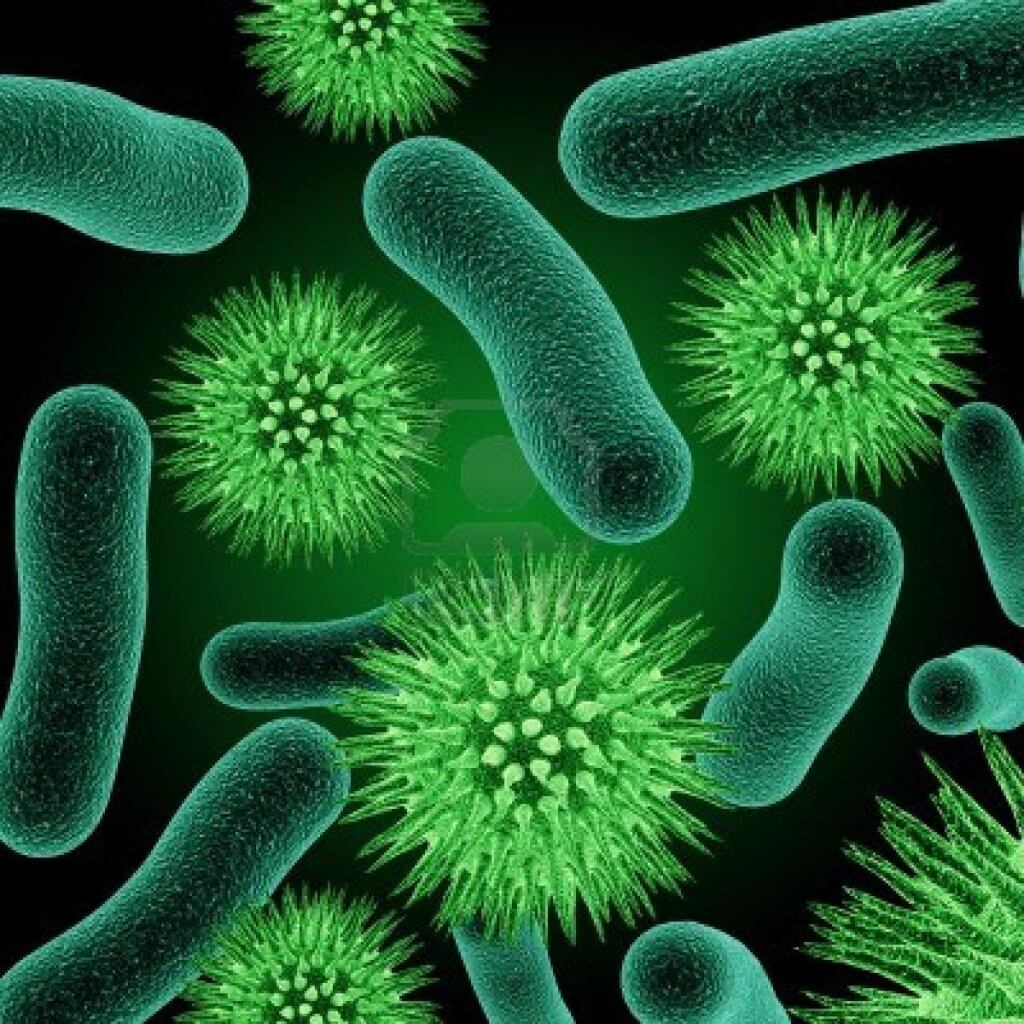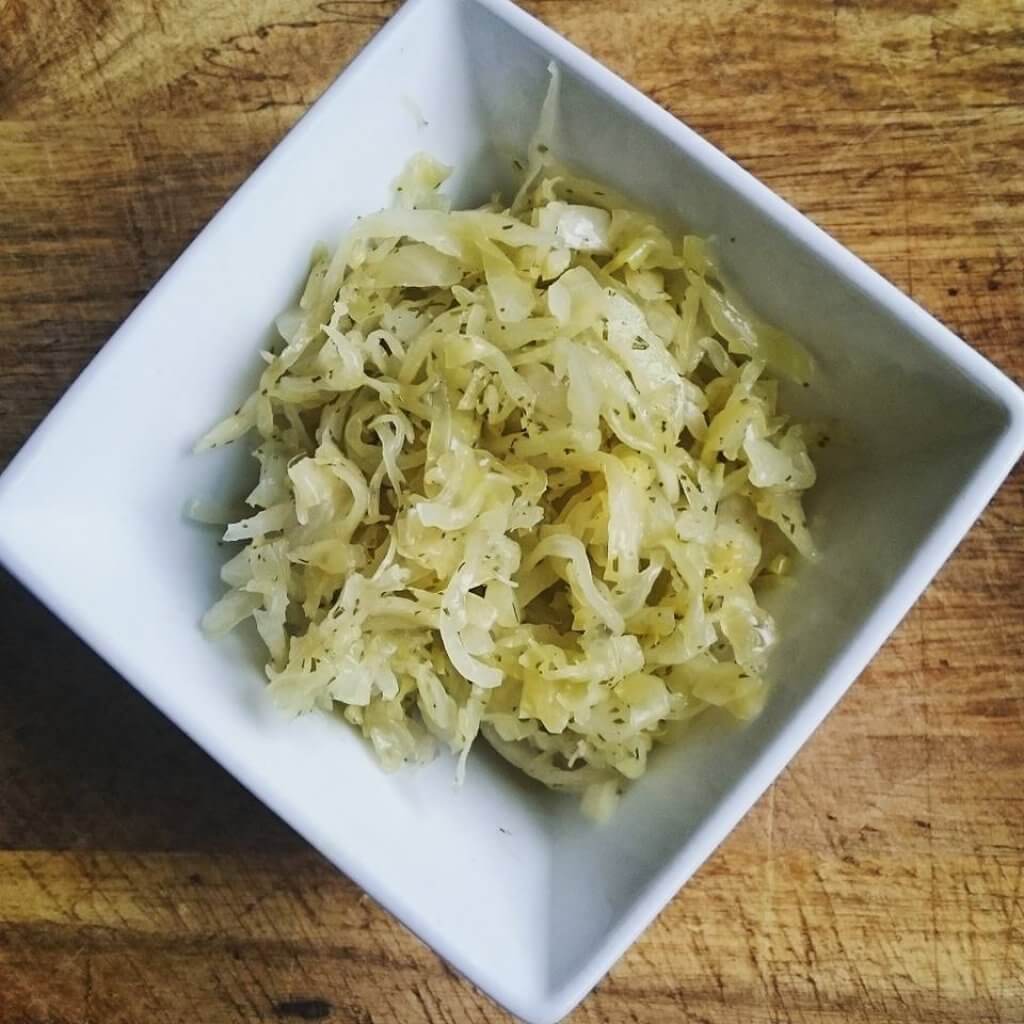The Benefits of Probiotics During Pregnancy

Bacteria has a bad reputation. Most of us flinch when we hear the word, forgetting that we actually need certain kinds of bacteria to survive. If you’ve been reading up on modern health trends, you’ll know that one category of bacteria in particular is making a comeback: the live bacteria and yeasts we call probiotics. Probiotics are specifically linked to a healthy digestive tract, but may have other benefits as well.
While experts are still trying to come to a blanket ruling on what exactly it is that probiotics do for us, the leading theory right now is that they may help to balance our good and bad bacteria (namely replacing the good bacteria we lose, such as when we take antibiotics), and move food along our intestinal tract so as to prevent any kind of build up. Good intestinal flora leads to improvements in not just our digestive health but overall immune system.
Types of Probiotics

There are three names you’re liable to hear when you start discussing probiotics in any kind of depth. Plenty of bacteria can be categorized as probiotics. Usually they’re sorted under two or three umbrellas: lactobacillus, bifidobacterium, or saccharomyces boulardii.
Lactobacillus
Lactobacillus is probably the most popular probiotic, and the one you’ll find most readily available. This is the healthy bacteria you find in your digestive and urinary tracts, and also the one you get from yogurt or fermented food and drink (looking at you, Kombucha). Lactobacillus helps us transform sugars into lactic acid, and therefore may actually be beneficial to the lactose intolerant.
Bifidobacterium
Bifidobacterium is another common probiotic. The main difference between bifidobacterium and lactobacillus is that bifidobacterium uses glucose as fuel rather than oxygen, making it anaerobic (while lactose is aerobic). It, like lactobacillus, is able to ferment carbohydrates, allowing us to consume milk and plant products whose carbohydrates we could not otherwise digest.
Saccharomyces Boulardii
Saccharomyces Boulardii is a non-pathogenic yeast that also aids in digestion and healthy bowel movements. It is a temperature tolerant, acid-resistant microorganism with a great many peer-reviewed studies backing it as a big league player in the world of probiotics, especially because it is antibiotic compatible, and thus can help to alleviate some of the nasty side effects of antibiotics without the two cancelling out helpful properties of the other.
Are Probiotics Safe During Pregnancy?
All research to date points to probiotics being a safe supplement to take during pregnancy. They may, however, be problematic for people with especially weak immune systems. Mild side effects during the first few days of consumption might include upset stomach, diarrhea, gas, and bloating.
Serious health risks are thought to be minimal, though. Due to the way the body processes probiotics, they are very, very rarely absorbed into the blood, putting your chances of contracting bacteremia at less than one in a million.
The American Pregnancy Association cites no correlation between probiotics and miscarriage or any kind of complication during pregnancy. Rather, experts believe that the many benefits gleamed from maintaining a healthy gut flora could help expectant mothers and their children to avoid health complications.
At the worst, they’re ineffective (though this doesn’t seem to be the case), but harmless all the same. Most physicians will likely recommend that you attempt to include probiotics in your diet.
Healthy Benefits for Baby (and You!)
Probiotics are considered to help fight: infection diarrhea, antibiotic-induced diarrhea, irritable bowel syndrome (IBS), inflammatory bowel disease, bacterial vaginosis, and possibly eczema (or its more serious relative, pediatric atopic dermatitis). In addition to being a gut-saving supplement, probiotics also aid our immune system and fight the sorts of bacteria that would otherwise cause infection.
Though research is still being collected and studies are still not wholly conclusive, a recent experiment selected parents with histories of seasonal allergies and tested their offspring. Of the children that received probiotics in-vitro, fifty percent had higher tissue inflammation, which is believed to trigger the immune system and decrease allergies.
At the very least, probiotics should ultimately make digestion an easier and faster process, allowing you to eat comfortably in order to fortify yourself and your growing baby. Upset stomachs and constipation are never a welcome occurrence, but can feel especially overwhelming and ill-timed as an expectant mother. A healthy diet is important during pregnancy, so a supplement assisting your body in breaking down all those good nutrients isn’t a bad idea.
The Best Sources When Expecting

Probiotics can be taken in supplement form or consumed through the food you eat in your every day diet. Pills and capsules should be available at your local grocery store, though specialty stores may have wider selections to choose from. The equally effective and tastier way to include these immune boosters in your usual routine is simply to eat the right kinds of foods.
Greek yogurt is usually what we first jump to when we hear the word ‘probiotic’. There are plenty of yogurts out there that are extra fortified to aid in digestion. If you’re one to read the ingredients label on your food, look for mention of any of these: lactobacillus acidophilus, lactobacillus bulgaricus, lactobacillus casei, lactobacillus gasseri, lactobacillus plantarum, bifidobacterium bifidum, bifidobacterium lactis, bifidobacterium longum, enterococcus faecium, saccharomyces boulardii.
Yogurt also has the added benefit of being high in proteins and healthy fats. Just be sure to watch the sugar levels of varying brands: the healthiest option is plain yogurt, with a bit of fresh fruit or honey. Natural sweeteners are always preferable to refined or added sugars.
Kefir is another fermented dairy product high in probiotics, though considerably less popular and easy to obtain than yogurt. With the process of fermentation being what cultivates probiotics, it should be no surprise that Miso is also on the list, given that it is fermented from rice, beans, rye, or barley.
Kombucha is a trendy option but should be saved for post-pregnancy and lactation, as some experts advise that it isn’t healthy for the baby, but we have witnessed many women drink it throughout pregnancy and from their testimonies it helped them tremendously with no ill effects.
Pickles are likewise on the list. Tempeh (soy) is a versatile option to use as an entree. (Dress it up with teriyaki, vegetables, and a nice dark grain.) For a double-whammy, find some fresh peas to throw into a light stir fry: Japanese scientists found in a 2014 study that fresh peas (pass on the canned stuff) carry leuconostoc mesenteroides, which helps protect the mucosal barrier in the digestive tract.
Sauerkraut (fermented cabbage) carries probiotics, fights cancer, and has slimming properties. But, as with the peas, read your labels. You want unpasteurized sauerkraut and much of what you’ll find in stores is pastuerized and made with vinegar to give it the same taste while maintaining a longer shelf-life.

While you’re near the bread aisle (because the condiments always are), pick up some sourdough. Sourdough is a probiotic powerhouse due to its unfermented yeast, and since the bacteria pre-digest the grains’ starches, this is a kinder option to the upset stomach as it’s easier to digest than many other kinds of bread.
Finally (saving the best for last): chocolate. Yes, you read that correctly. Probiotics can be found in high-quality dark chocolate. (Avoid chocolates with lots of sugar fillers: you want the highest percentage of cocoa.)
Healthy, Happy Guts
There are already enough factors during pregnancy to throw our bodies out of whack and cause feelings of unease. Maintaining a well-balanced digestive and urinary tract can help to avoid some of those awful grievances, especially given that both can be so heavily upset while carrying a child.
Talk to your doctor about the best probiotics for you, and how you can be taking them. Many pregnancy pitfalls such as upset stomach, constipation, gas and bloating, are afflictions that probiotics naturally help to battle and dispel. Planning ahead for your health may result in higher levels of comfort as you navigate your way through the next nine months.







